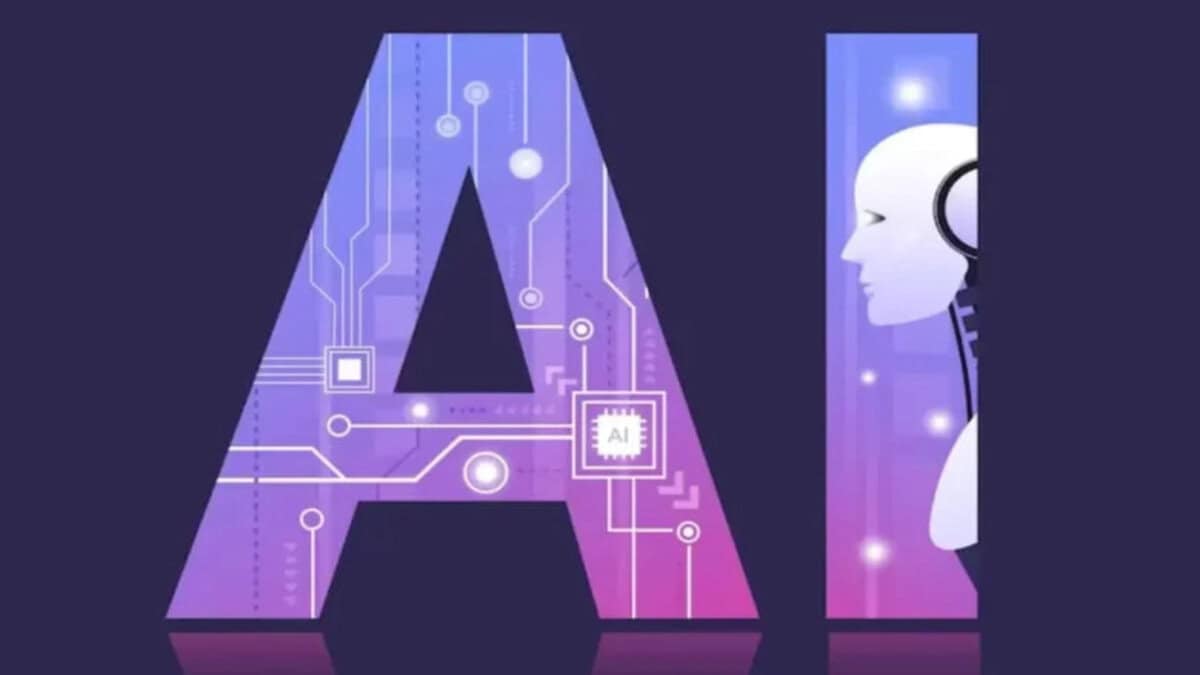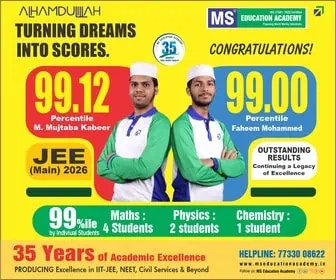
Hyderabad: Raja Bahadur Venkat Ram Reddy (RBVRR) Women’s College, Hyderabad, hosted a week-long Faculty Development Programme (FDP) titled “AI Tools for Education and Research” from June 3 to 9. Organized by Dr C Kavitha, Director, Internal Quality Assurance Cell (IQAC) and her team, the event welcomed faculty, research scholars, and participants from both within and outside the college.
According to a press release from the college, Prof. Raja Shekhar Bellamkonda, Senior Professor at the University of Hyderabad’s School of Management Studies, advised participants to mix humour with actionable advice. He encouraged attendees to perceive AI as more than a convenience—urging thoughtful, intentional use in academic settings.
The session sparked lively discussion, with participants questioning the implications of AI for assessment practices. Principal Dr. J Achuytha Devi, Vice-Principal Dr. K. Sindhuri, and Correspondent Prof. K. Sudarshan Reddy, honoured the Keynote speaker.
The note added, RBVRR’s commitment to integrating AI is reflected in its AI club, Utkarsha, established earlier this year to help students adapt to technological change. As the second-oldest women’s college in Hyderabad and the only one to earn ‘A’ grade in the fifth NAAC Accreditation Cycle, RBVRR continues to lead in educational advancement.
The programme’s second day shifted focus to “AI Tools for Research,” led by Dr. K. S Sowmiya Rani, Founder of Sowmis_AWW, via Zoom. She explored how AI can support researchers in drafting papers, organizing literature, managing citations, and creating graphics—while also offering strategies to refine language, reduce word counts, and detect AI-generated content.
On June 5, Prof. P.V. Sudha from Osmania University discussed “AI Tools for Teaching and Learning.” She examined technology’s uneven reach in education and illustrated how AI can create personalized learning experiences, automate routine tasks, and generate valuable data insights.
June 6 featured Ganta Srinath Reddy, Director, Me@AI India Initiative, spoke on “AI Tools for Creating Academic Content.” He traced the evolution of AI from early search engines to modern generative models like DeepSeek and Gemini and offered live demonstrations of tools such as ChatGPT, Gamma.com, and NotebookLM for content creation and prompt engineering.
The final session on June 9, led by Rajneeth K Thunga, Director, Me@AI India Initiative. He examined “AI Tools for Academic Evaluation” and discussed AI’s expanding role in evaluating student performance, the journey from machine learning to singularity, and the way automation could reshape traditional assessment. Concepts like ‘perspective mirroring’ and MESA (Make Education Sacred Again) were also discussed.
The closing ceremony featured Prof. G Surender Reddy, Founder, Me@AI. He spoke on AI’s impact on medicine and social administration and shared publications from India’s Ministry of Information and Technology.


